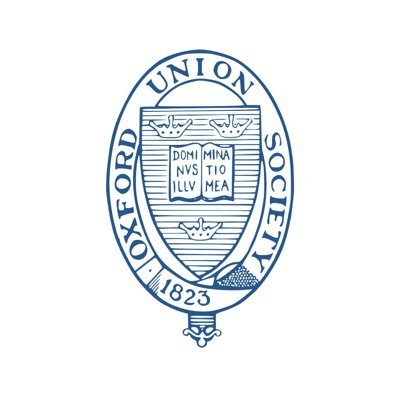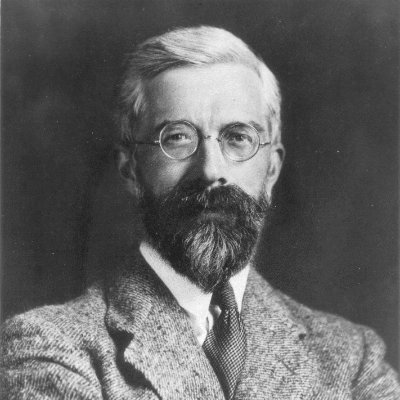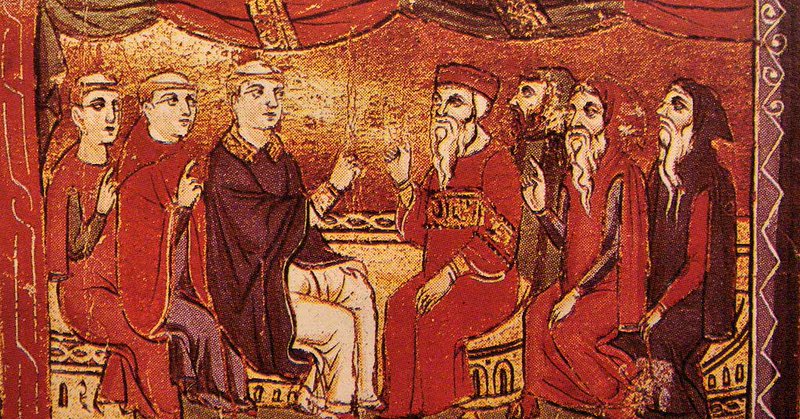
Benjamin Sharkey
@SharkeyBenjamin
Followers
739
Following
19K
Media
90
Statuses
747
DPhil History student @UniofOxford @magdalenoxford. Syriac Christianity, Central Asia, Islamic world, Mongol Empire, Global History. Scholar @NizamiOxford.
Joined October 2022
By me on home education - tackling some of the myths put about in parliament and responding to @emmacduncan in the Times.
.@SharkeyBenjamin defends home education from its critics https://t.co/W9k5FA0R7W
0
1
10
Shoemaker even riffs on Tannous' Chopin analogy...
0
3
11
Spoiler alert: have just read Alice Roberts’ new book ‘Domination’ (on Early Christianity rather than a new 50 Shades). I am due to review it. It contains a lot of interesting material and draws on quite a lot of recent literature - but more to come…
7
4
73
@theAliceRoberts @domuscapituli @alexandertolano @KevinWilki969 The western Roman Empire is a perfectly fine scope (see Brown 1996) - my critique is that if you want to explain the rise of Christianity you can't totalise by saying its all down to factors that were only present in the west, when Christianity has parallel success in the east.
0
1
11
His actions show a contempt for everything the Union is meant to stand for.
0
0
3
“The Roman elite might be well represented in the leadership of the Church, but they were rubbing elbows with slaves and plebeians every Sunday in a context of spiritual and moral equality.”
Did Simon Stylites endure years of agony in a quest for celebrity? Was St Ambrose a PR man for the Emperor? Was Christianity no more than an NGO that took over the Roman state? These and other absurdities are the claims made by Alice Roberts in Domination🧵 https://t.co/mno8dF7j3a
1
0
4
Bishapur, a Sassanid Persian city founded by Shapur, features various elements of Roman architecture, including grid-iron and mosaics. The city was built using Roman POWs after Shapur defeated Emperor Valerian in 260 AD.
2
30
240
"When we dig (literally, archaeologically), we consistently find the evidence of Christian communities that no text ever told us about."
Christianity remained predominantly non-western until the fourteenth century, for well over half of Christian history. (You can read more on this by me here https://t.co/hOIXrObdc9) 12/17
2
10
103
Very interesting review that highlights a major flaws that I haven’t seen others pick up on; the omission of both Peter Brown and Eastern Christianity. As Sharkey points out “There was no Constantine in the east.” Yet, to paraphrase Galileo ‘it moved.’
2
4
90
Yet this material is here unnecessarily and unconvincingly forced into an argument which bears all the hallmarks of the preoccupations of a now slightly dated contemporary western humanism. Or maybe I’m just suffering Stockholm Syndrome. 17/17
15
5
326
Roberts touches on such interesting and unknown material, and there is the gem of a brilliant narrative account of an archaeologist’s journey through the newly emerging material remains of an incredibly formative period in European history, which is now dark in our sources 16/17
1
0
76
This untold half of the Christian story should restrain us from ascribing growth purely to motives of political and social maintenance and advancement. Whatever factors encouraged its growth in Asia were probably also present, alongside the social and economic, in Europe 15/17
2
2
115
There was no Constantine in the east and these Christians never succeeded in converting rulers or empires, but were everywhere a minority. Yet they continued growing without any obvious material or social incentives. The story of Manichaeism and Buddhism is similar. 14/17
1
3
156
These communities are so often left out of the story because their writings have generally not survived. Yet as with europe's 'Dark Age' communities, their archaeological presence is plentiful. Extensive discoveries are made across Asia every year. https://t.co/fgvCEo3jFe 13/17
1
3
136
Christianity remained predominantly non-western until the fourteenth century, for well over half of Christian history. (You can read more on this by me here https://t.co/hOIXrObdc9) 12/17
seenandunseen.com
3
21
218
But the Christian story was from the very beginning transcontinental. Christianity spread just as fast in the Persian world as it did in the Roman. There were at least as many Christians east of Jerusalem as west. By the seventh century there were Christians as far as China 11/17
2
10
179
The varied arguments made in the book will require more space to properly answer. But I want to highlight a particularly big blind spot - for a book making grand claims about the rise of Christianity it is remarkably Eurocentric, bound to the limits of the Roman Empire. 10/17
2
4
137
I struggle to understand why he might have been left out. His work would have added much needed nuance and depth to Roberts’ argument. Was he too nuanced for Roberts’ thesis? Or was she unaware of his importance to the topic? Either way these are already major red flags. 9/17
4
1
169
The complete absence of Peter Brown is truly baffling. He is easily the most essential scholar on this topic, especially for the economic and social factors in the rise of western Christianity. Yet he does not appear in the bibliography and is not engaged with in the text. 8/17
4
9
248






















